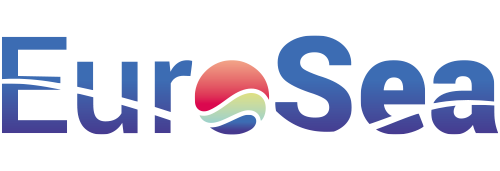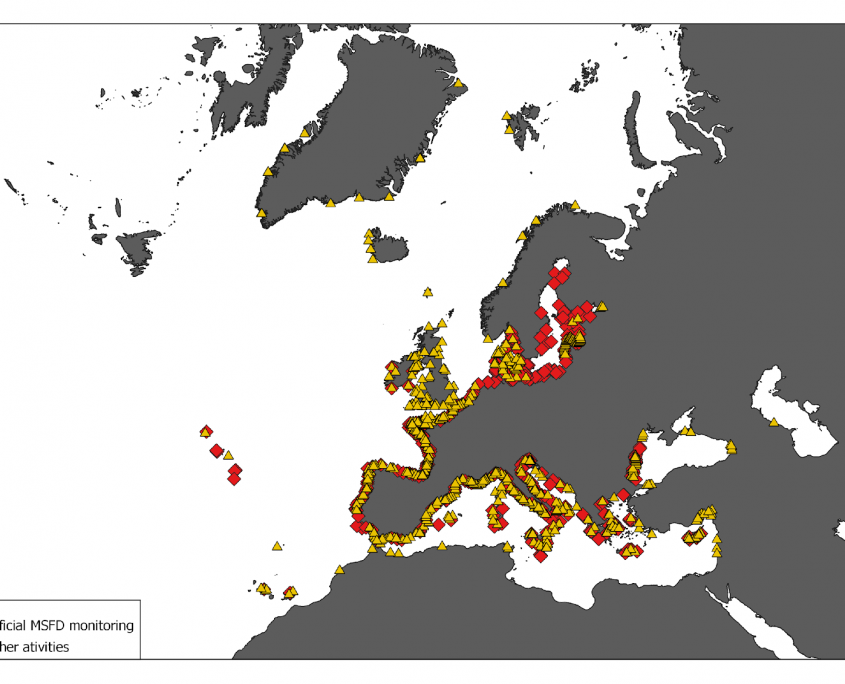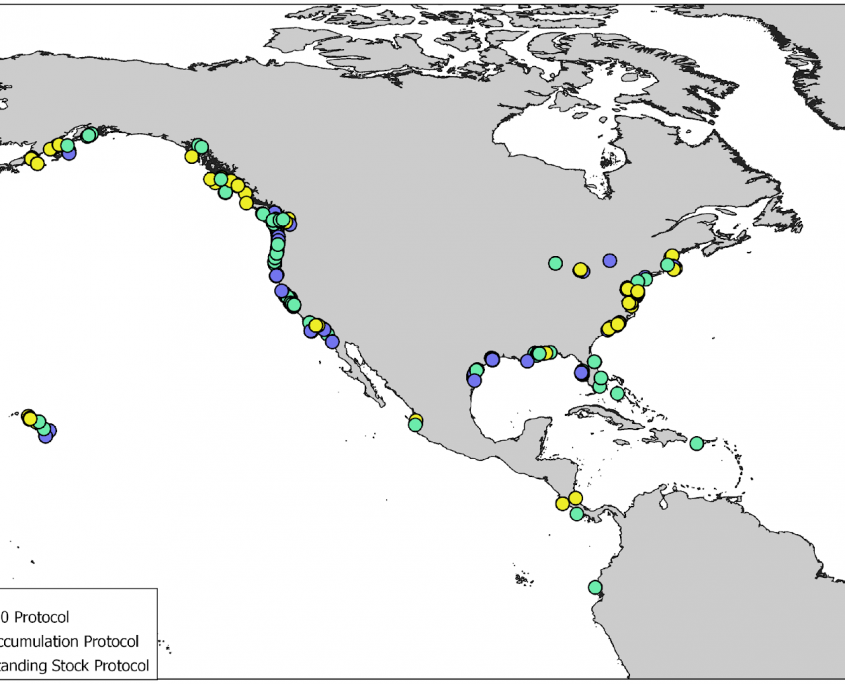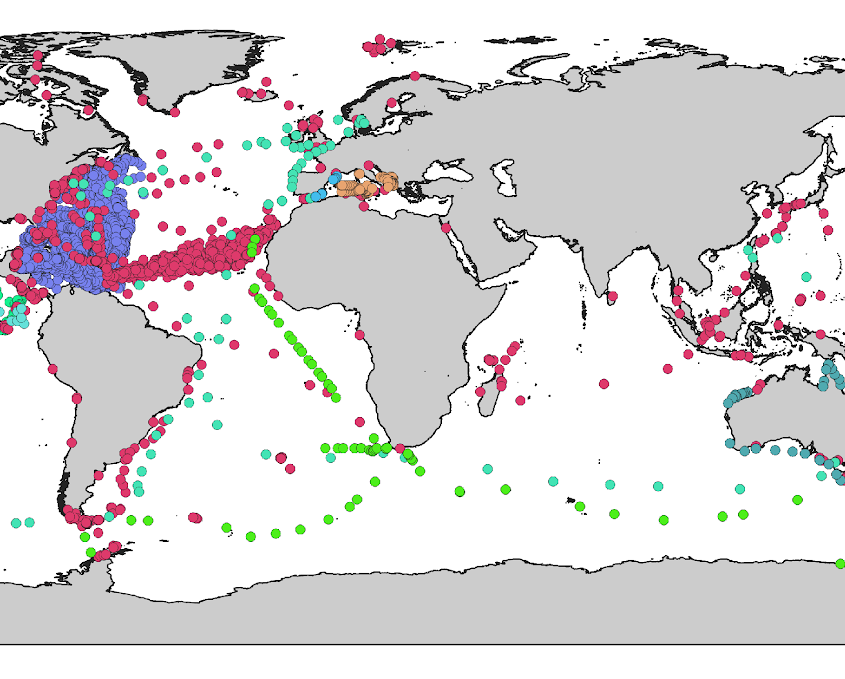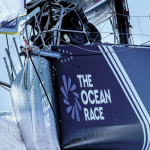EuroSea has committed to supporting the establishment of a global coordination of Integrated Marine Debris Observing System (IMDOS) in partnership with leading international organizations, institutions, expert working groups, and other stakeholder groups in Europe and globally. The need for IMDOS was articulated in the OceanObs’19 Community White Paper, and EuroSea is offering its resources to ensure the collection and delivery of free, available, interoperable, reproducible, and open data and information, which could be integrated and synthesized into indicators and decision-support tools via relevant data centres and knowledge platforms.
Recently submitted as a milestone report in the EuroSea project, this study provides an overview of the current capacity to monitor and observe marine litter pollution indicators that can be reported consistently on a regional to global scale. In the report, EuroSea described the process of establishing global coordination of IMDOS and the development of the new Marine Plastics Debris Essential Ocean Variable (EOV). Efforts are currently underway to establish a comprehensive framework for global governance aimed at effectively collecting, managing, and disseminating data on marine debris. The report provides an initial overview of the existing European and global capacity to monitor key marine plastic debris indicators, which include beach litter, seafloor litter, and surface ocean microplastics.
The report finds that beach litter monitoring is the most mature plastic pollution monitoring globally regarding coverage, frequency, and standardization of methods applied. Seafloor litter monitoring is most common in Europe, but trawl surveys are only performed in Europe and do not have the capacity to provide data on seafloor debris globally. There is insufficient information available to assess the status of visual seafloor surveys which can be compared globally, with Japan and Europe leading the efforts towards sharing metadata and data from such monitoring.
There is comprehensive information about major global sampling campaigns and the first successful attempts to provide data synthesis products regarding surface floating microplastics. However, there is a need to move from research-based observations to more regular monitoring following recommended methods for harmonized monitoring. There are few studies from underway sampling carried out on sailing boats providing global coverage, however, this data is not comparable with traditional and more common yet more localized net tow sampling.
For successful monitoring, it is required that research surveys are conducted in a similar, comparative manner and in a regular time period. Therefore, unified and standardized protocols are required and easily accessible – a key challenge for IMDOS to address across a number of marine debris indicators representing different communities and different methods of data collection.
The report serves as an initial overview critical to identifying key elements of future observing networks or communities of practice providing coordinated and standardized data collection and delivery, enabling subsequent analysis of gaps and identification of priority actions for IMDOS. Existing efforts to collate monitoring and research-based data collected through similar methods and according to harmonized protocols either regionally (beach litter) or globally (seafloor litter from visual methods and surface ocean microplastics) exhibit potential for creating initial coordinated observing networks and generating capacity to produce first comprehensive global observing status maps for Marine Plastics Debris EOV.
The results of this report will inform the development of the first demonstration of the global status map of surface floating microplastics to be made available through the OceanOPS dashboard. As a living document and a resource to the growing IMDOS community, the report will be made available via an IMDOS website currently under construction.
In conclusion, EuroSea recognizes the need for a global coordination of IMDOS and offers its capacity and resources to support the establishment of such a system. The report provides an initial overview of the existing European and global capacity to monitor key marine plastic debris indicators and serves as a resource to the growing IMDOS community. The results of this report will inform the development of the first demonstration of the global status map of surface floating microplastics, providing a legacy for the EuroSea project.
